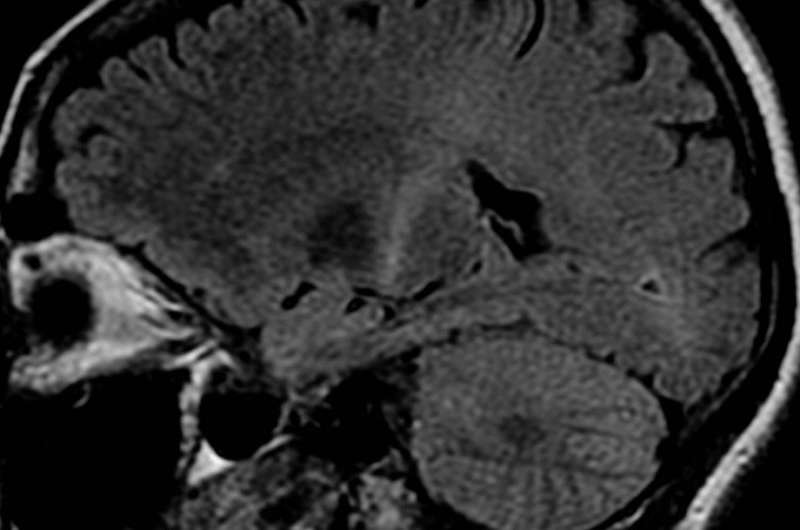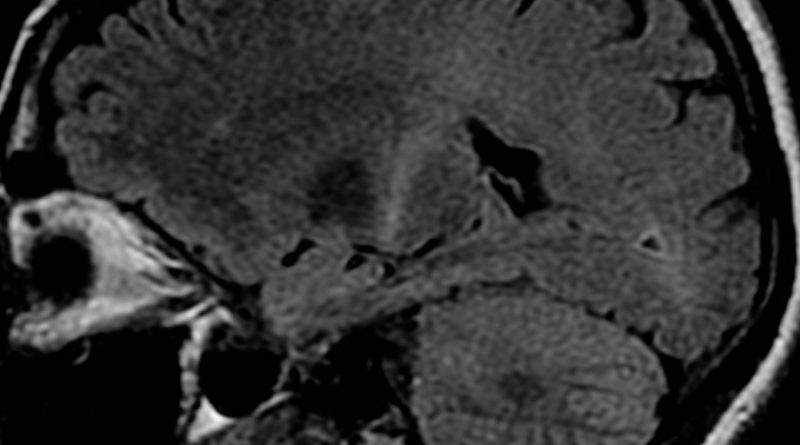EU watchdog’s rejection of ALS drug angers patients

The European Union drug watchdog’s refusal to approve an ALS drug already authorized in North America has been called “an affront” by angry French patients, who say they “don’t have time to wait”.
Amyotrophic lateral sclerosis (ALS)—also known as Lou Gehrig’s disease—is an incurable neurodegenerative disease that normally claims the lives of patients in three to five years.
One drug, Riluzole, has been around since the 1990s and prolongs patients’ lives by around three months. Otherwise, no new treatment has been approved in Europe for decades.
Last year a new drug called AMX0035 developed by Amylyx Pharmaceuticals was given the green light in the United States and Canada.
The European Medicines Agency said late last week that it had refused to authorize the drug, which has the brand name Albrioza in Europe and Relyvrio in the US.
The EMA said the results of a phase 2 clinical trial “did not show convincingly that Albrioza was effective in slowing down the worsening of the disease.
“Data on survival were also not reliable, given the way the data were collected and analyzed,” the agency said in a statement.
The French ALS patient support group ARSLA said the treatment was “the only one to bring us hope in 25 years by showing a slowdown in motor impairment and increasing survival by 10 months”.
The US firm has indicated it would apply again for approval in Europe.
But ARSLA said the lengthy process meant that the EMA would likely not issue its next ruling before October 2024.
“Patients with ALS do not have time to wait,” the group said.
The phase 2 trial that was the basis of the US approval involved just 137 participants.
Amylyx Pharmaceuticals is conducting larger, more comprehensive phase 3 trials, with results expected in June 2024.
If the EMA is waiting for those results, that means the drug likely could not be approved in Europe until 2025, ARSLA said.
ALS attacks the motor nerve cells in the brain and spinal cord, progressively paralyzing muscles until patients cannot walk, eat, speak or breathe.
Around one in 10,000 people have the disease in the European Union, according to the EMA.
© 2023 AFP
Source: Read Full Article



